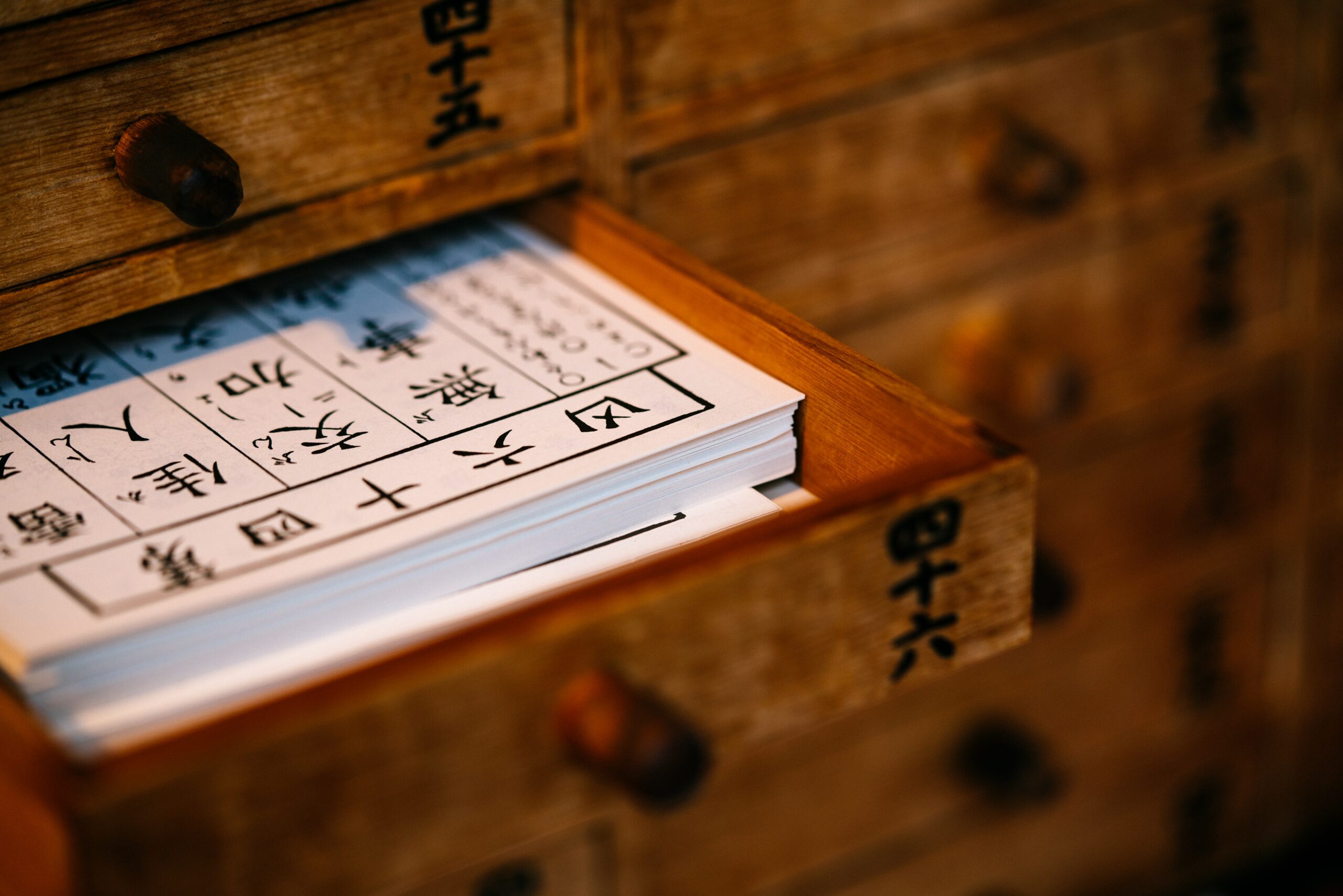In order to understand the eastern mindset regarding acupuncture, it is important that we discuss Traditional Chinese Medicine (TCM) theory. While it is not possible cover all aspects of TCM given the vast amount of information and history, we will briefly touch upon the basics.
It is believed that Taoism helped shape the practice of Chinese medicine, which is based on belief that everything is interdependent and mutually interactive in the universe. In turn, the body communicates with the universe or environment; when changes occur and the body fails to adapt, then disease is likely to occur.
Compared to Western medicine, Eastern philosophy of medicine involves numerous interweaving ideas that may be considered foreign or non-scientific in nature. Concepts such as Qi/Chi (innate vital substance or energy), Yin-Yang Theory, Eight Principles (Interior/Exterior, Hot/Cold, Full/Empty, Yin/ Yang), Five-Element Theory, Meridian system, and several others are abstract ideas that were used to explain relationships and patterns that occurred in nature.There are no Western equivalents to these ideas, which may contribute to the unfamiliarity and slow acceptance of TCM outside of Asia.
From the TCM perspective, the body is considered as a whole, made of parts interconnected; parts that can depend and/or restrict each other physiologically and pathologically. The five organs (yin organs) make up the core units of the body and are linked through various meridians, or channels, which are interrelated to yang organs. Although meridians work as a complex system which carries and distributes qi and blood, they are not blood vessels and have no anatomical channel structure; nor are they visible. The idea is similar to how a river flows, with obstruction along the river channels producing illness further downstream in the body. Acupuncture is therefore able to help restore the flow and return the body to normal through stimulation of points on the meridian system.

